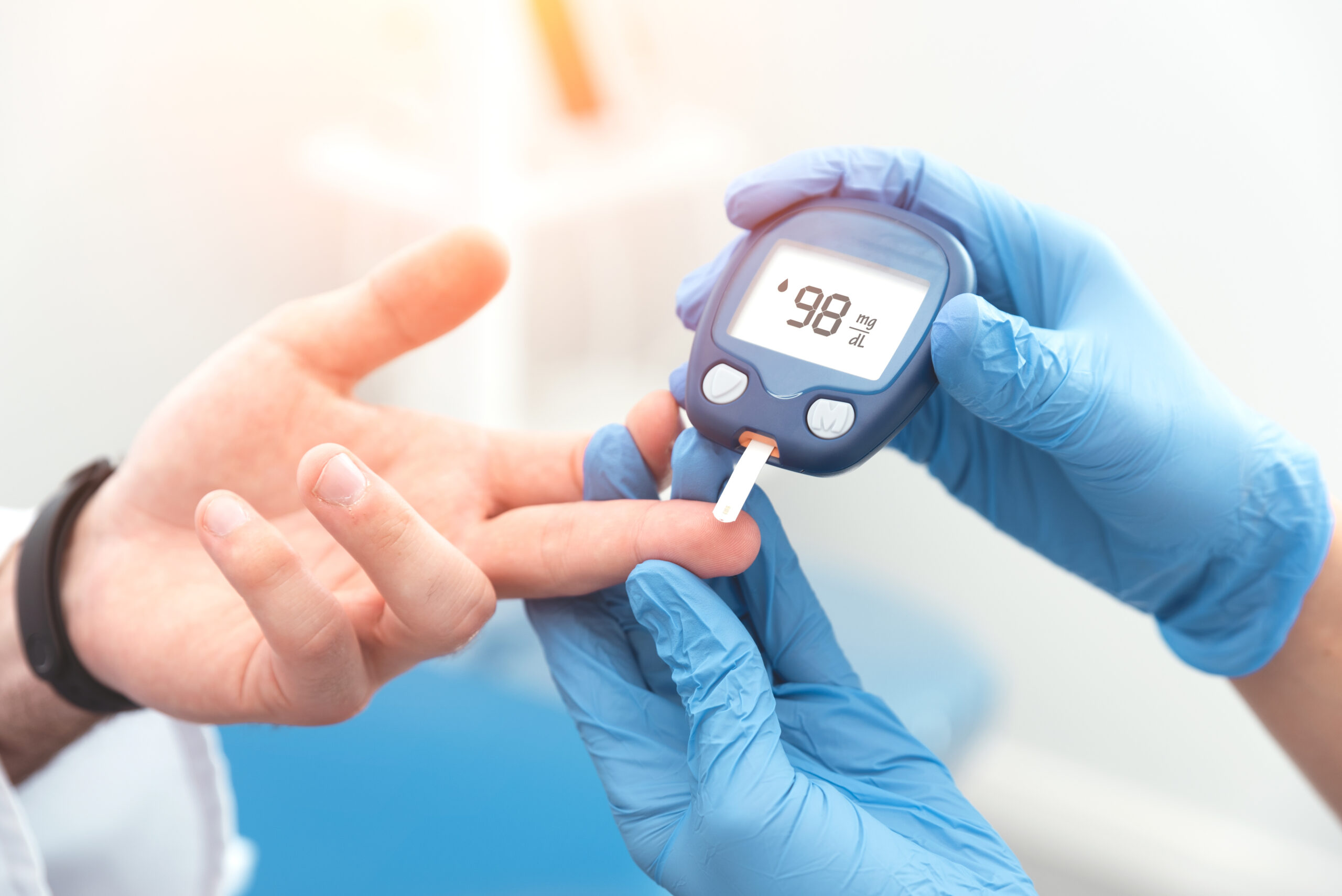Question
„Rezent si mer gewuer ginn, datt d’’Diabetes-Medikament Ozempic kaum nach an den Apdikten disponibel ass. Gleeft een de Produzenten an den Distributeure vun dësem Medikament, dierft d’Situatioun bis Enn vun dësem Joer esou bleiwen.
Konform zu den aktuelle Reegelen, dierf den Ozempic ausschliisslech Diabetes-Patiente verschriwwe ginn, déi vum Typ 2 betraff sinn. Doktere sinn also ugehalen z’iwwerpréiwen, datt Patienten, déi bei si kommen, och effektiv un Diabetes Typ 2 leiden.
An deem Kader wollte mir der Madamm Ministesch fir Gesondheet a Sozialversécherung follgend Froe stellen:
- Ginn et Stéchprouwe fir ze kontrolléieren, ob d’Dokteren sech och un déi aktuell Reegelen halen?
- Ass de Collège médical scho mat Fäll vu Mëssbrauch befaasst ginn? Falls jo, wéi vill Fäll waren dat?“
Answer
1. Ginn et Stéchprouwe fir ze kontrolléieren, ob d’Dokteren sech och un déi aktuell Reegelen halen?
Am Fall vu Meldungen, souwuel vun Apdikte wéi vum Collège médical, mécht d‘Gesondheetsdirektioun eng Enquête an hëlt, den Ëmstänn entspriechend, déi néideg Mesuren. D’Gesondheetsdirektioun mécht keng Stéchprouwen op Prescriptiounen, well se keen Accès op Prescriptiounen huet.
Am Kader vun hire Kompetenze wat d’Prise en chargë vun de Prestatioune betrëfft, mécht d’CNS Kontrollen “a posteriori“, d.h. op Basis vun den Donnéeë vun der Prise en charge déi der CNS zur Verfügung stinn.
Beim Verdacht op eng onberechtegt Prise en charge, féiert d’CNS zousätzlech Ënnersichungen duerch, ënner anerem an Zesummenaarbecht mam Contrôle médical vun der Sécurité sociale. Wann d’Faite op e Verstouss vun de gesetzleche, reglementairen oder konventionelle Bestëmmungen, deenen den Dokter ënnerläit, hiweisen, gëtt d’Commission de surveillance vun der CNS mam Dossier beoptraagt.
2. Ass de Collège médical scho mat Fäll vu Mëssbrauch befaasst ginn? Falls jo, wéi vill Fäll waren dat?
Am Kader vun enger Prise en charge vum Medikament OZEMPIC, huet d‘CNS, bis haut, d’Commission de surveillance wéinst engem Dokter saiséiert. De Collège médical deen och an der Commission de surveillance vertrueden ass, ass sou mat och iwwert den Dossier informéiert.






